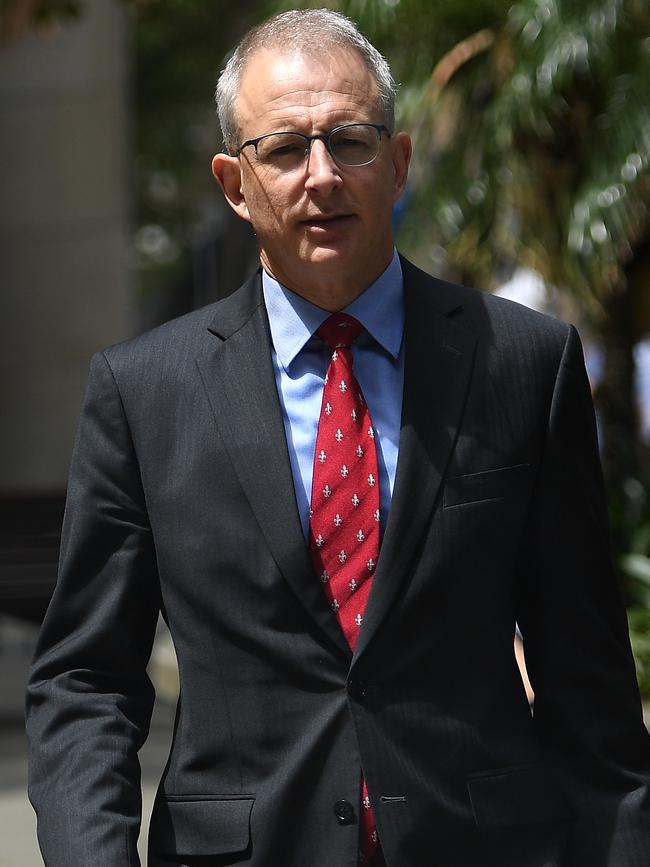Ceduna Cashless welfare card users seek cash to fuel addictions
Electronics are being bought and sold off cheap by cashless welfare card holders in Ceduna to fuel their alcohol addictions, new research has revealed.
SA News
Don't miss out on the headlines from SA News. Followed categories will be added to My News.
- Cashless welfare cards entrench feelings of “injustice”
- Does the cashless welfare card work?
- Former Ceduna mayor urges councils to adopt cashless welfare card
Laptops, radios and mobile phones are being purchased by cashless welfare card holders in Ceduna, only to be flogged cheaper for cash to fuel their alcohol addictions, new research has revealed.
Social Services Minister Paul Fletcher has promised to extend the card trial on the West Coast of Eyre Peninsula and three other sites until June 2021, if re-elected.
The trial, which puts 80 per cent of a welfare recipient’s benefits onto an EFTPOS-like card that restricts alcohol and gambling purchases, will also be expanded to an additional 22,500 Income Management participants to replace the BasicsCard.
However, a report the Lived Experiences of the Cashless Debit Card Trial, Ceduna has highlighted a “widespread perception” that access alcohol was still possible.

Author, Macquarie University senior lecturer in Anthropology, Dr Eve Vincent, told a senate inquiry into the card that in the words on one research participant “drunks gonna drink”.
“Suffice it to say the strategies that are locally well known for example — selling an item for cash for a lesser amount than what it costs on the card — are transactions that effectively further impoverish people with very few material resources,” Dr Vincent said.
Other Aboriginal research participants told Dr Vincent this often involved:
— PEOPLE coming back from Whyalla with “lots of grog”
— BUYING electronic devices on their card then “they’ll flog the iPhone for less to get money to go to grog”
— OFFERS to fill up a car with $150 worth of fuel on the card in exchange for $80 cash
The card was introduced in Ceduna in 2016.
Dr Vincent’s research, conducted from September 2017 to December 2019, also found that participants were dissatisfied with the consultation process, believed it was targeting Aboriginals and experienced “complex shame” responses.
Labor leader Bill Shorten has vowed to scrap the scheme.
A Department of Social Services spokeswoman said the government and card manager, Indue, were working “closely with communities to identify ‘workarounds’ and action is then taken to prevent this from continuing to occur”.
Social Services Minister Paul Fletcher said evidence shows that the Cashless Debit Card works.
“The most consistent findings from multiple independent evaluations include reductions in alcohol and drug use, increased motivation to find employment and improved financial management,” Mr Fletcher said.



